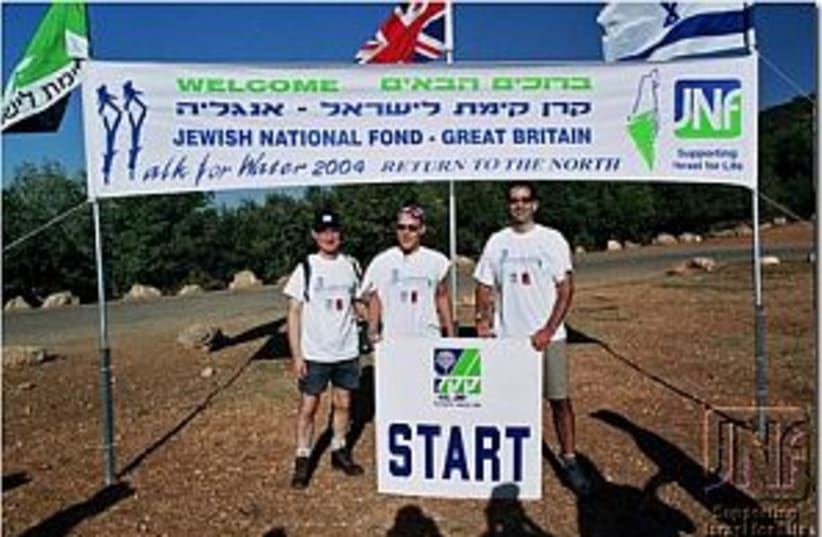| More about: | Jewish National Fund, World Zionist Organization, Basel, Switzerland |
JNF severs ties in tiff with UK branch
Exclusive: Claims financial impropriety, deception of donors lead to 'dead end.'


| More about: | Jewish National Fund, World Zionist Organization, Basel, Switzerland |